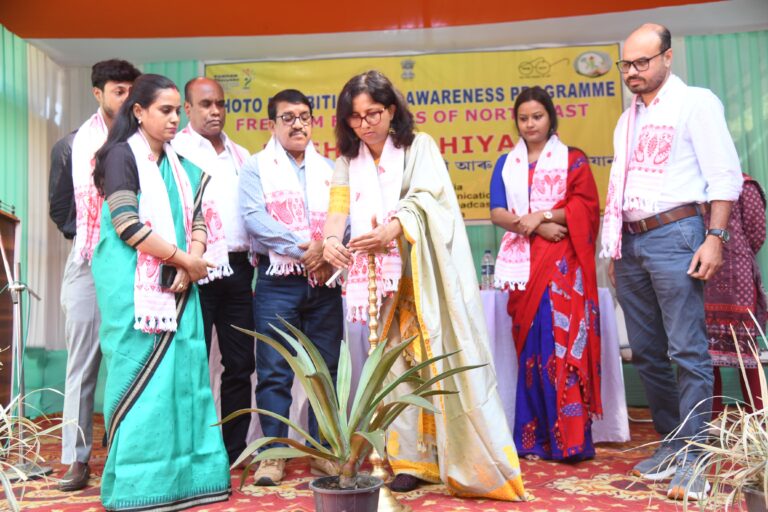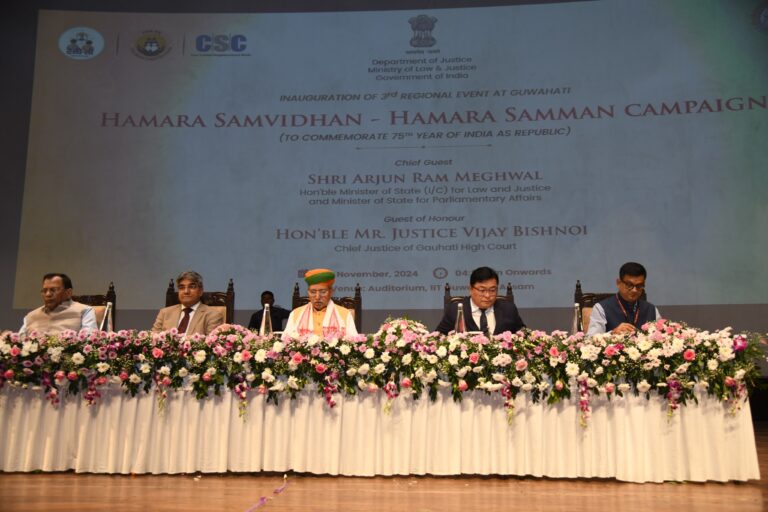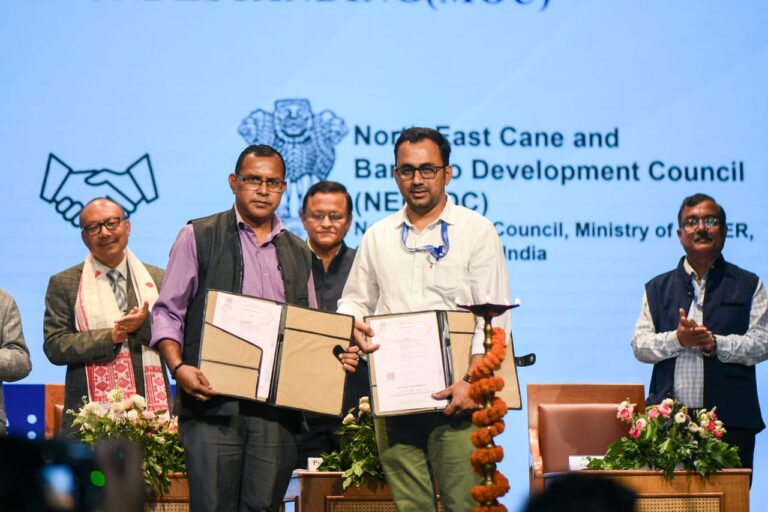The recent actions by the University Grants Commission (UGC) signify a significant step towards reforming higher education in India. The release of the list of central universities granted graded autonomy aims to empower these institutions with greater administrative and academic freedom. This autonomy can enable universities to make decisions tailored to their specific needs, potentially fostering innovation in teaching methods, curriculum development, and research initiatives. By allowing universities to adapt their policies and procedures, the UGC’s initiative has the potential to enhance the overall quality of education and academic excellence across the country.
Moreover, the directive issued by the UGC for higher educational institutions to refund fees for migrated students highlights a commitment to fairness and accessibility in education. This directive provides financial relief to students who may have encountered challenges or decided to pursue alternative academic paths. By ensuring that students are not financially burdened by their decisions to change institutions, the UGC’s action promotes inclusivity and equal opportunity in higher education.
However, amidst these positive developments, there are also challenges and concerns that need to be addressed. One such concern is the potential for unequal distribution of autonomy among universities. While graded autonomy can empower institutions, there is a risk that it may exacerbate existing disparities within the education system. Universities with greater autonomy may advance more rapidly compared to those with limited autonomy, widening the gap between them. This could further perpetuate inequalities in resources, infrastructure, and opportunities for students across different institutions.
Additionally, implementing the refund policy for migrated students may pose logistical and administrative challenges for universities. Ensuring timely and accurate refunds requires efficient systems and protocols, which some institutions may struggle to establish or maintain. Moreover, there is a risk of misuse of autonomy by some institutions, leading to issues such as unfair practices in admissions, curriculum design, or financial management. Without adequate oversight and accountability mechanisms, the autonomy granted to institutions could be exploited for personal gain or institutional interests, thereby compromising the integrity of the education system.
In conclusion, while the UGC’s initiatives demonstrate a commitment to improving higher education, addressing these challenges and concerns will be crucial to realizing their full potential. By fostering collaboration between stakeholders, implementing effective oversight mechanisms, and ensuring transparency and accountability, the UGC can promote sustainable development and equitable access to quality education for all students across India.
By: Sabina Ahmed.
A student of Mass Communication and Journalism at Dibrugarh University.


















